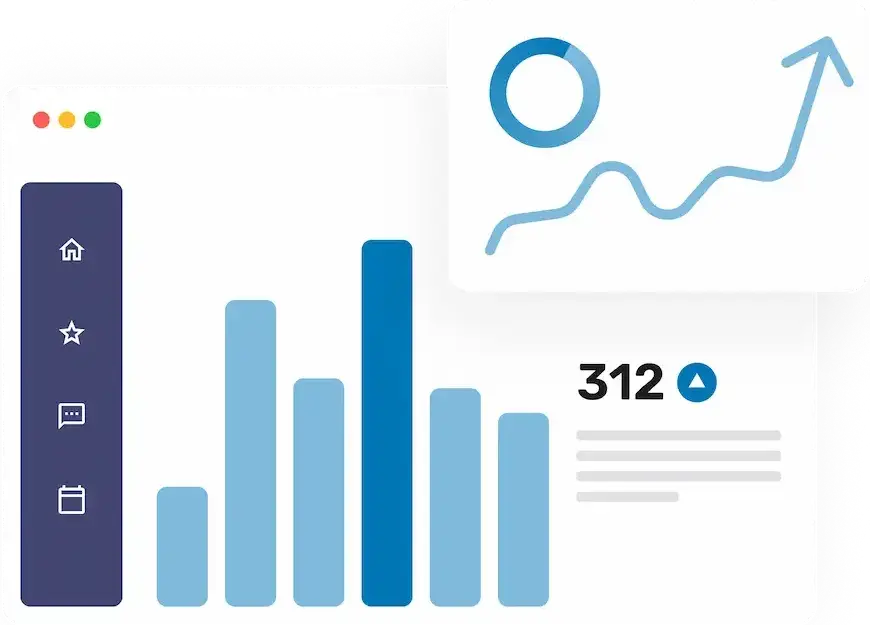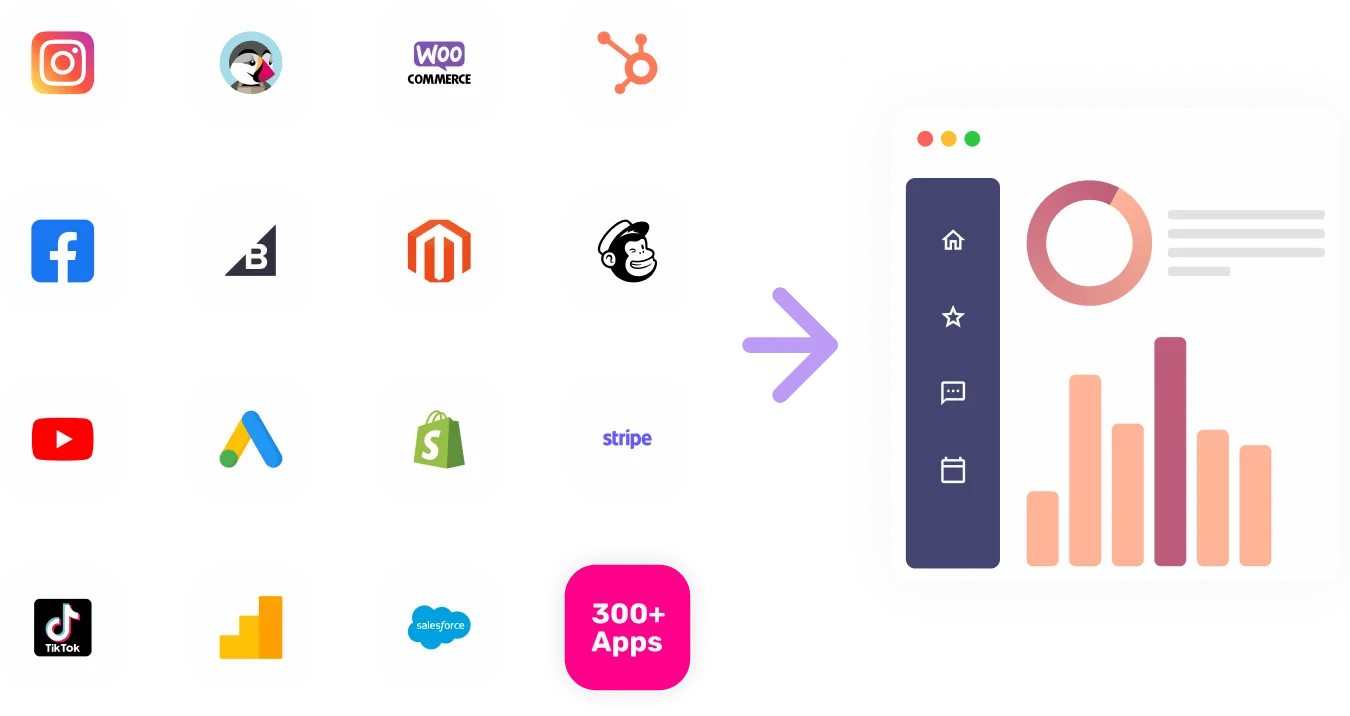Sage Intacct Data Connector
Enhance your financial management insights with Sage Intacct integration. Seamlessly merge financial data, unlocking insights that shape financial strategies, analysis, and operational excellence.


Visualize Your Sage Intacct channel data with Growth Nirvana's Sage Intacct Connector
Amplify your financial management strategies with Sage Intacct integration, gaining actionable insights from financial data analysis.
FAQs
What are the most popular metrics in Sage Intacct to analyze?
Financial Performance: Assess the financial performance and profitability of your business.
Budget Management: Track, manage, and analyze your budgets to optimize financial planning.
Cash Flow Analysis: Evaluate and forecast cash inflows and outflows to make informed financial decisions.
Financial Reporting: Generate accurate and comprehensive financial reports for stakeholders and regulatory compliance.
Expense Analysis: Analyze and optimize your business expenses to increase profitability.
Revenue Recognition: Ensure accurate revenue recognition and compliance with accounting standards.
Financial Forecasting: Forecast future financial performance and plan accordingly.
Asset Management: Track and manage your business assets to maximize their value and minimize risk.
Tax Compliance: Stay compliant with tax regulations and optimize your tax planning.
Financial Transformation: Implement financial initiatives and strategies to drive business growth and success.
Why analyze Sage Intacct?
Improved Financial Decision Making: Make more informed financial decisions based on accurate and timely data.
Efficient Budget Planning: Optimize your budget planning processes to allocate resources effectively.
Enhanced Cash Flow Management: Improve cash flow management and ensure sufficient liquidity for business operations.
Streamlined Financial Reporting: Simplify and automate financial reporting processes for increased efficiency and accuracy.
Cost Savings: Identify cost-saving opportunities and reduce expenses for improved profitability.
Compliance and Audit Readiness: Ensure compliance with financial regulations and be prepared for audits.
Accurate Revenue Tracking: Track and recognize revenue accurately to maintain financial integrity.
Better Financial Planning: Improve financial forecasting and planning for enhanced business strategies.
Optimized Asset Utilization: Maximize the value and utilization of business assets for increased ROI.
Efficient Tax Management: Streamline and optimize tax management processes for enhanced compliance and savings.
